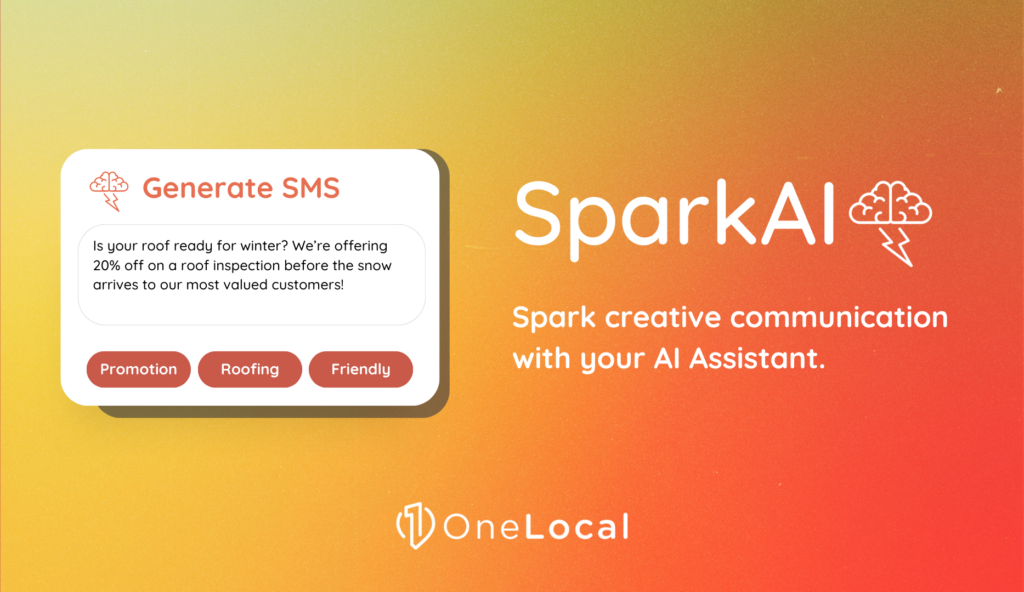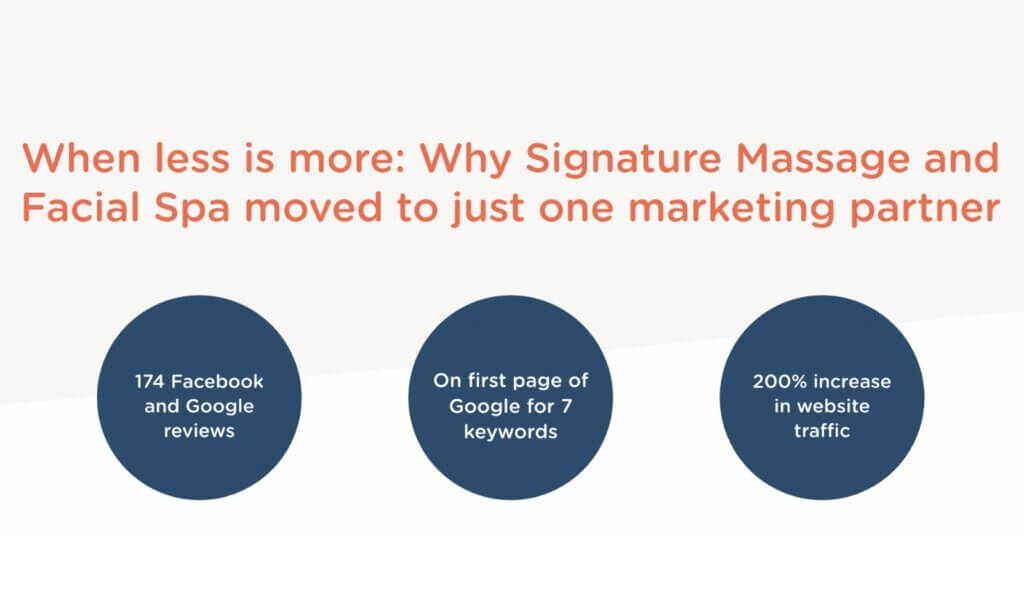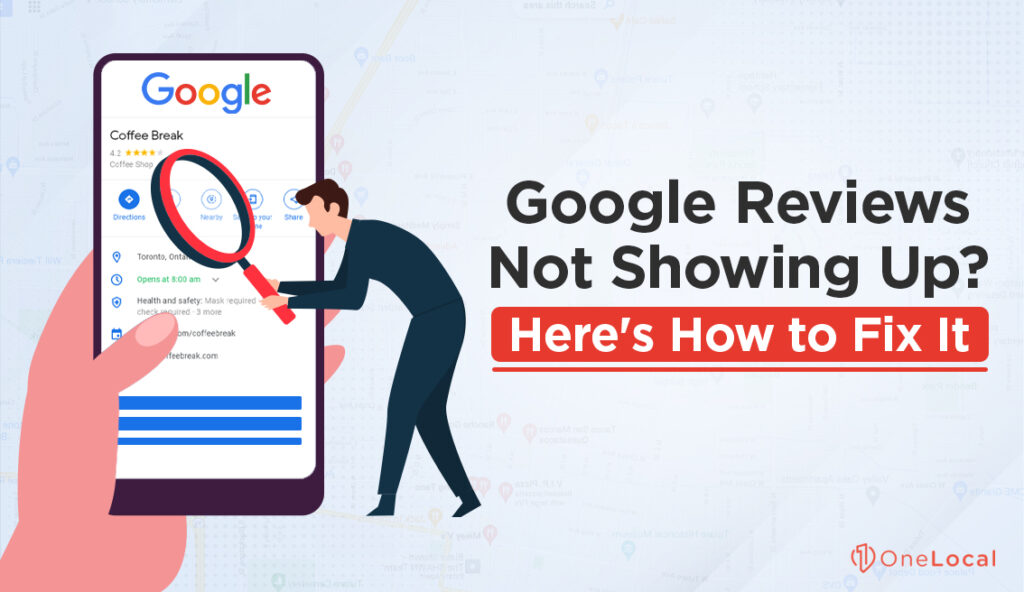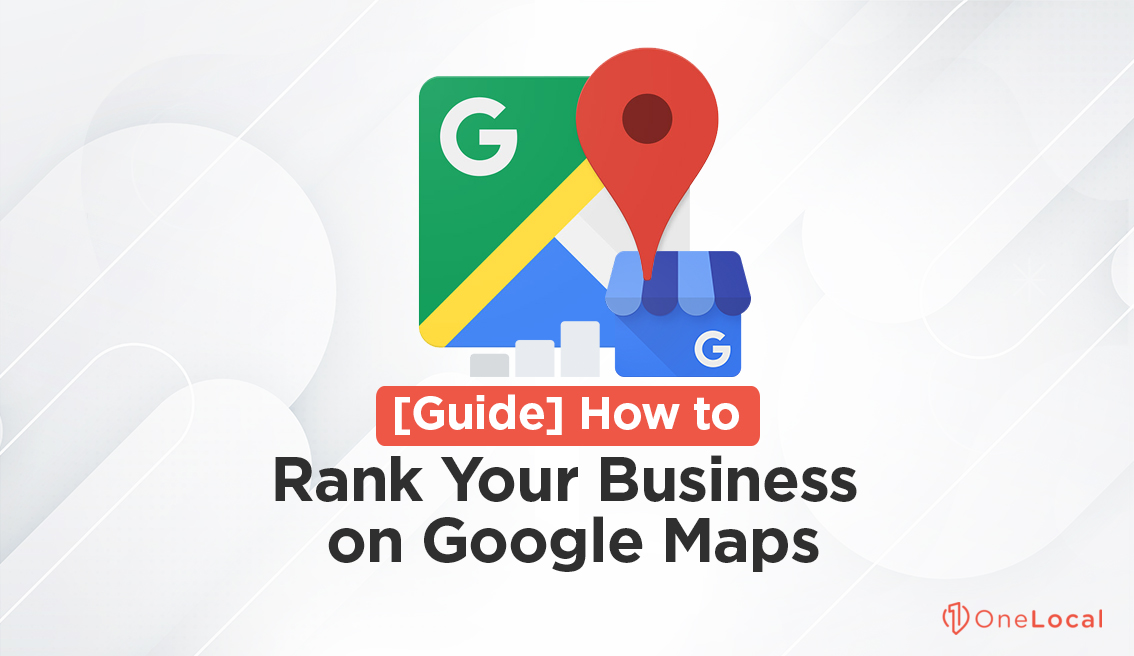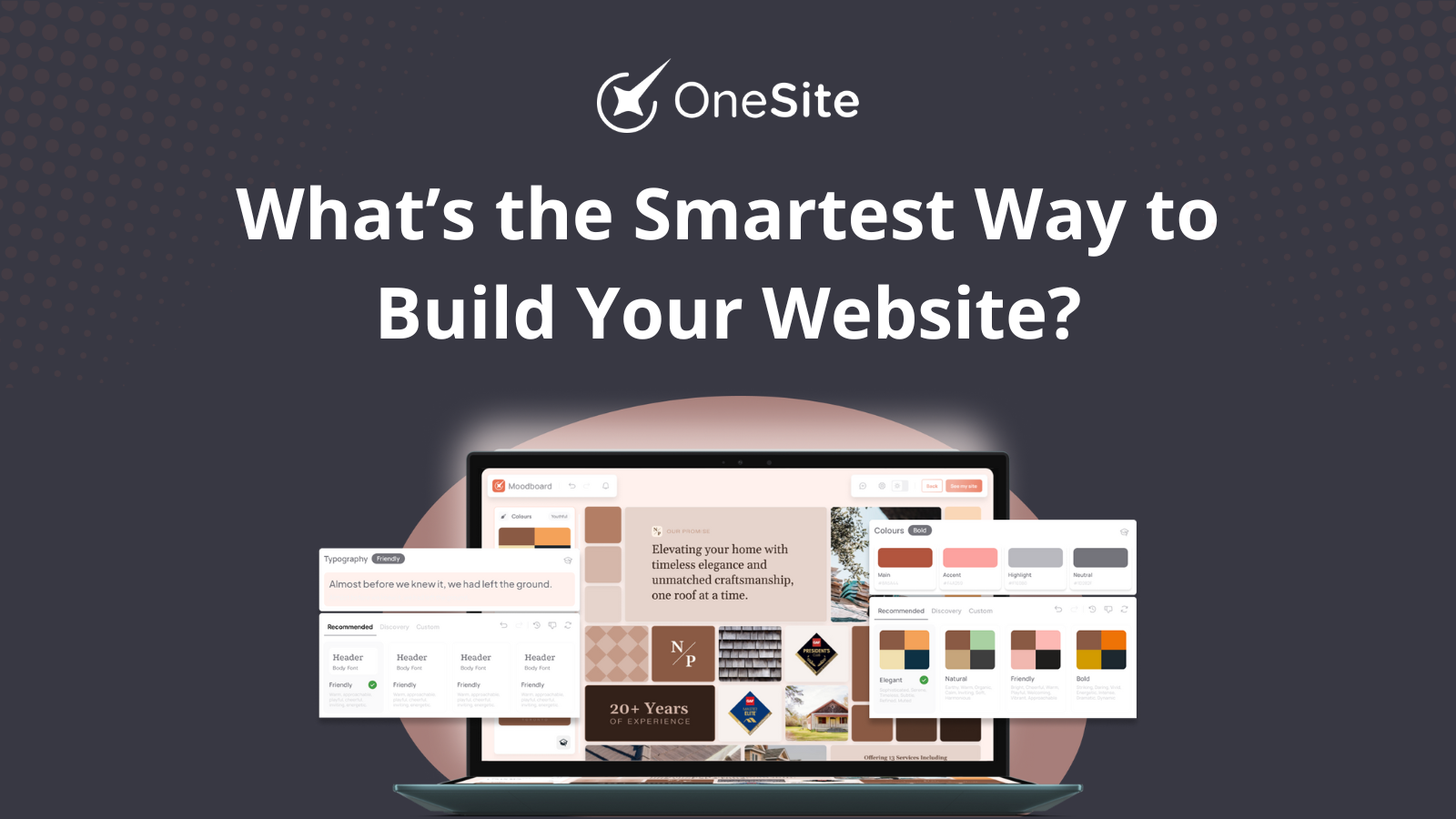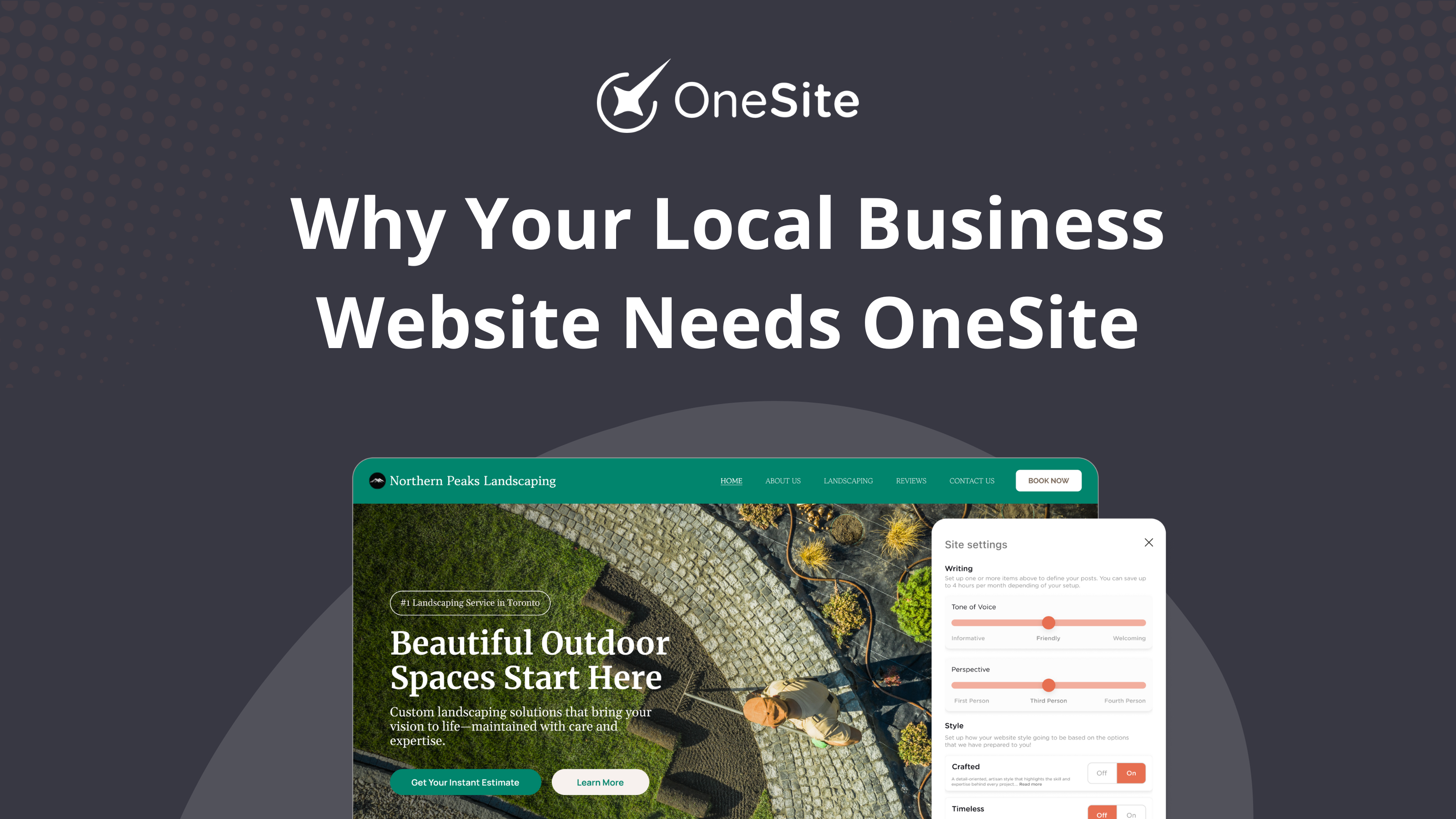Your local business relies on Google search results for awareness, traffic, and attention. This includes all forms of local Google rankings, including the Local Pack of search results, Local Search itself, and Google Maps. These rankings are closely related under the hood, and all of them can be improved by using the same techniques. Here’s how.
Understand Google’s Local Ranking Factors
Before you begin, it’s essential to understand that Google considers three primary factors for ranking businesses in local search results and Google Maps results. Virtually every tip or trick to rank your local business comes back to one of these three. Additionally, these three are insurmountable; if your business is too far outside of one of them to be relevant to a query, nearly nothing you can do can make you appear. So, what are those three factors?
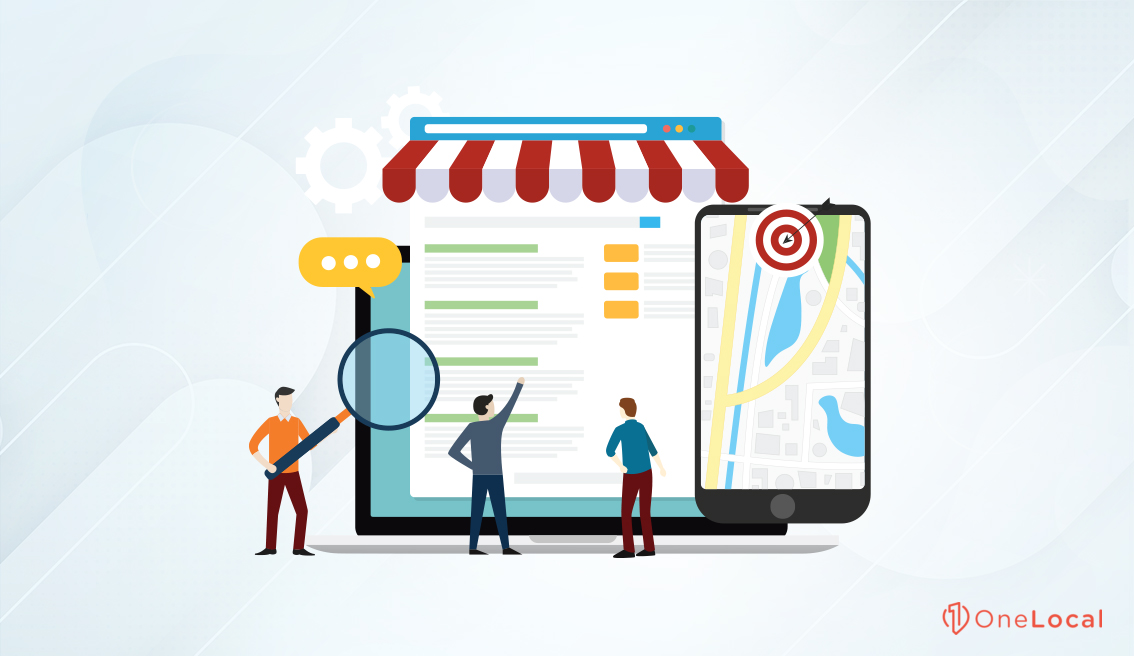
Here, taken directly from Google:
“Relevance: Relevance refers to how well a local Business Profile matches what someone is searching for. Add complete and detailed business information to help Google better understand your business and match your profile to relevant searches.
Distance: Distance considers how far each potential search result is from the location term used in a search. If a user doesn’t specify a location in their search, we’ll calculate distance based on what we know about their location.
Prominence: Prominence refers to how well known a business is. Some places are more prominent in the offline world, and search results try to reflect this in local ranking. For example, famous museums, landmark hotels, or well-known store brands are also likely to be prominent in local search results.
Prominence is also based on information that Google has about a business, from across the web, like links, articles, and directories. Google review count and review score factor into local search ranking. More reviews and positive ratings can improve your business’s local ranking. Your position in web results is also a factor, so search engine optimization (SEO) best practices apply.”
Relevance is all about making sure your web presence matches user intent queries. If a user is searching for a way to solve an ant infestation, they might not use the phrase “pest control,” so your website should use “ant infestation” somewhere as well for maximum relevance to the query. Repeat for as many queries as there are relevant to your business.
Distance is a static factor that has to do with the location of your business or the various branches of your business, or your service area. The further a user is away from your business, the less likely you are to rank for their search, and there’s not much you can do about it.
Prominence is more akin to traditional SEO and can be influenced by various factors, some locally relevant. Most of what we mention throughout the rest of this post will have to do with increasing prominence.
Once you understand these three factors and their importance, you can see why the tips we give you will influence them. So, here are those tips.
Build Backlinks
Google’s entire algorithm is based almost entirely on links and the ranking thereof. Building backlinks – that is, links pointing at your site from other sites – is #1 on the list of things you can do to improve your site’s prominence in the eyes of Google.
It’s not just about link volume, however. The links you build need to be valuable, which means they need to meet specific criteria.
- The links should be from sites you do not own or control yourself. You can’t link to sites from other sites you own and expect them to give you SEO benefit.
- The links should be in content, not in navigation, footers, or user-generated content like comments. While links in navigation and other areas can be valuable, they’re a fraction of the value of a link from the same page in editorial content.
- The links should be from sites that are in some way relevant to your business. A plumber should get links from other plumbers, from plumbing supply brands, from home improvement and DIY sites, and from local news sites, not from sites about entirely unrelated topics.
- The links should come from sites on par with or higher in prominence than yours. Links from smaller sites have comparatively less value, while links from major industry sites have a lot more weight.
- The links should be followed. This is why sponsored links are rarely of SEO value; they are identified as paid links and thus assigned no actual editorial value.
Links that come from sites that do not meet these criteria will either be meaningless or, in extreme cases, actively detrimental to your site. Links from spam sites, links from comment spam, and completely unrelated links are all generally worthless and can make your business look worse in the eyes of users who see those links. Legitimate businesses stick to legitimate tactics.
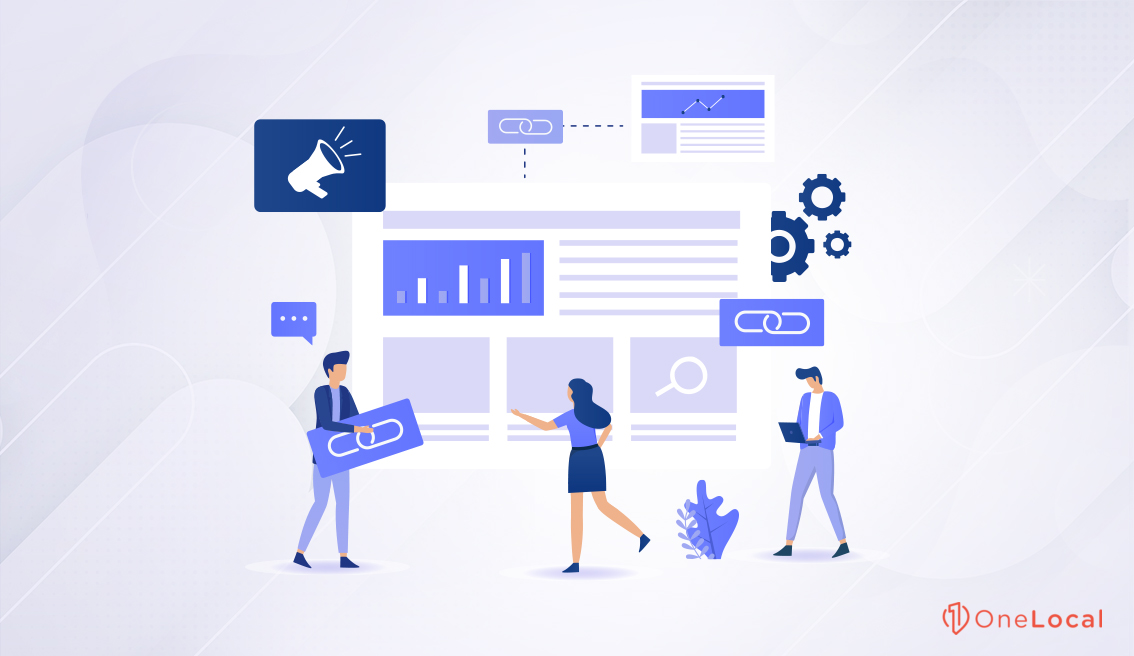
The process of building backlinks generally requires manual outreach, relationship building, guest posting, and engaging with content creators. It’s a long, tedious, and ongoing process, so the sooner you start, the better you’ll be.
Audit Citations and Reduce NAP Fragmentation
Much like how bad links can hurt your site’s SEO, so too can bad citations.
A citation is a mention of your business with partial or complete NAP (Name, Address, Phone Number) on another website. That can be one you control, like a Yelp profile, or one you don’t, like a third-party directory or editorial content producer.
Unfortunately, many content creators don’t spend time thinking about brand consistency. They will refer to your business and add a business citation according to how they believe it should be written or how their site style guide requires it to be written. Unfortunately, this results in NAP Fragmentation.
NAP Fragmentation is what happens when your NAP is different across different sites. For example, these are all the same citation but fragmented:
- OneLocal, 325 Front St W 4th Floor, Toronto, ON M5V 2Y1, Canada
- One Local, 325 Front St W 4th Floor, Toronto, ON M5V 2Y1, Canada
- OneLocal, 325 Front Street West, Fourth Floor, Toronto Canada
While all of these are accurate enough to find our offices, they are also all different in the eyes of Google. Google is smart enough to recognize that they’re all referring to us, but they don’t all count equally.
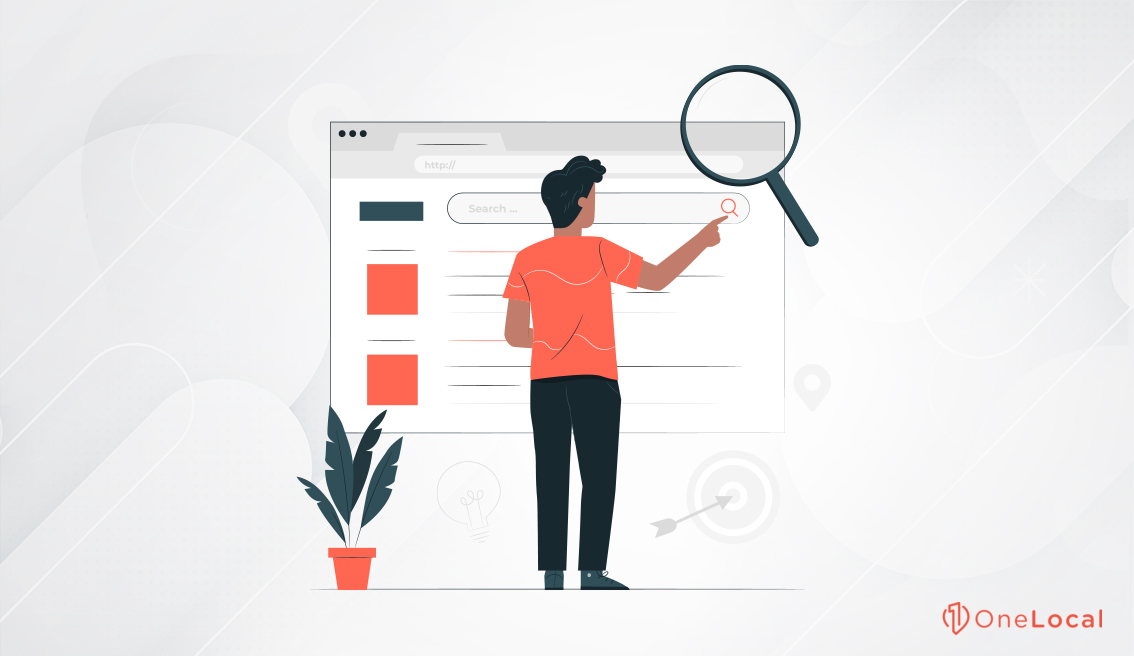
A citation audit begins with a Google search for your address to identify sites that use partial or complete NAP. Then, determine if they’re accurate or different from what your ideal version should be.
If a site uses a variation on your NAP, take steps to change it. If it’s a site where you can claim a profile and edit it yourself, do so. If not, reach out to the site owner and request that they edit your NAP for consistency. Provide them with the page or pages where the NAP appears, as well as your NAP in the proper format.
It will take numerous iterations to complete, but each round of defragmentation will help improve citation consistency and the search ranking power that comes from it.
Keep Business Hours Accurate
This is a minor one, but an important one. Google provides business hours in your listing on Google Maps so that users can accurately plan their trips, whether that trip is across the street to the grocery or across the country to a national attraction. They also don’t scrape your hours from elsewhere; you have to directly add and edit them in your Google Business Profile.

Here’s what Google has to say:
“Update your business hours regularly, including when you open and close, and special hours for holidays and events. Accurate hours info lets shoppers know when you’re available and gives them confidence that your business will be open when they arrive.”
Keep your hours accurate for your regular operating hours and your special holiday hours. If you change hours seasonally or for special occasions, update for those hours, as well.
Build Citations
Perhaps the single most common piece of advice for building a more substantial presence in the Google Local Pack and Google Maps is to build more business citations. It’s one of the few things Google will admit affects your ranking, and it’s one of the easiest things to do as a business owner.
Building citations means identifying sites that host business listings, like directories, and claiming your profile to fill out.
Typically, you want to look for sites that have a high search ranking themselves. It doesn’t do you a lot of good to get citations from sites that, themselves, are on the 10th page of Google’s search results.
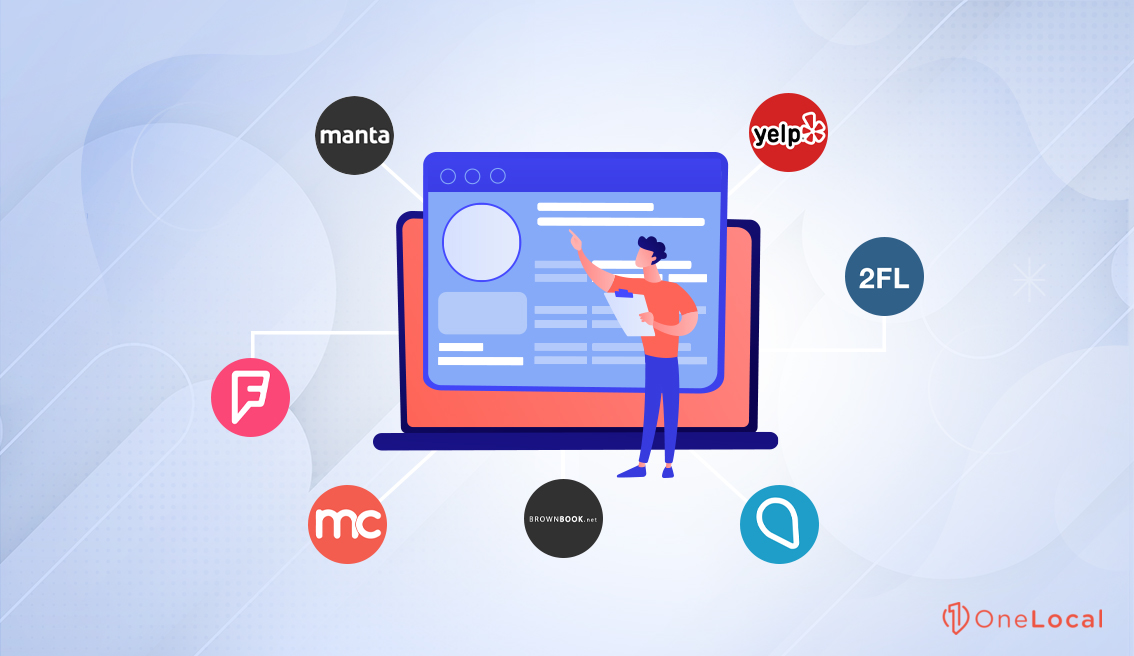
Aim for citations from general business directories and key sites like YP, Yelp, and Bing. Additionally, look for industry and niche-relevant sites to build as well. Finally, don’t worry about building more past a certain point. Once you reach around 300 or so citations, each new citation you build has such diminishing returns that it’s not worth doing.
Build, Monitor, and Respond to User Reviews
Google allows anyone with a Google account to leave a review for your business in their business system. These reviews show up in your Google Maps listing, highlighting recent noteworthy reviews. You need to work on building and improving those reviews. It’s a verified fact that those reviews can improve your ranking.
Ask users to submit reviews about your business to Google to build reviews. Google makes this easy for users who have a Google account and can even provide you with code that generates a button that a user can click to be taken to the review system directly. You can also invest in a service like our LocalReviews that helps solicit them for you.
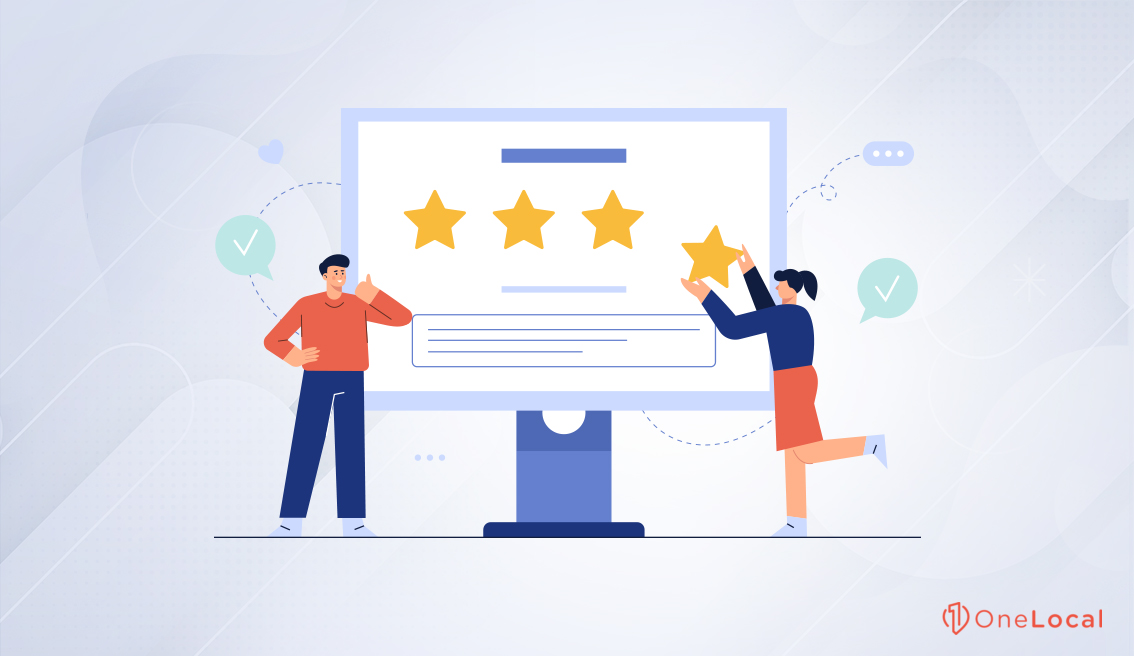
To monitor reviews, check back every so often to see if new reviews have been posted. How often you check depends on how often you typically get new reviews and how much effort you’re putting into soliciting new reviews.
To respond to reviews, monitor and read the reviews you get. Respond to positive reviews with thanks. Respond to mediocre reviews with a comment asking for further information or offering your apologies. Respond to negative reviews by apologizing and reaching out to the customer to make things right as best you can.
Add Schema Markup to Your Website
Another way to benefit your site in local search is to tag relevant data for your business with Schema rich markup. Schema is meta data in a particular framework developed by a coalition of companies, including Google. It aims to help search engines identify the purpose and substance of content on the internet.
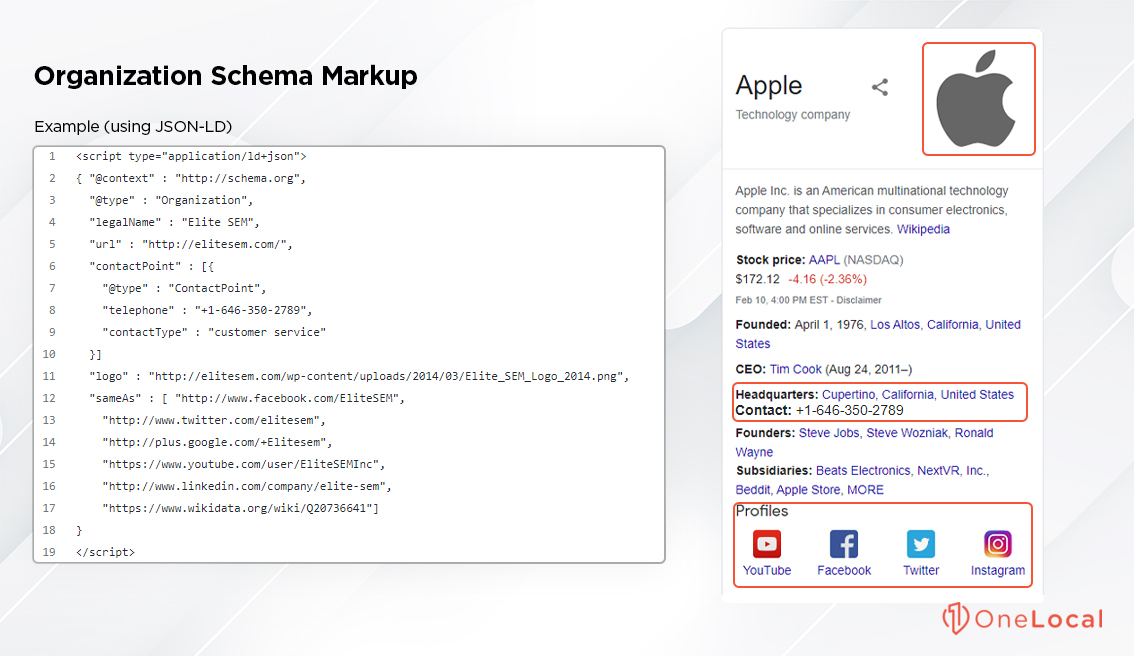
There are thousands of Schema tags, so learning to implement it can be a chore. Here’s a guide. You can also use automated tools or Schema tag manager plugins as relevant to your site architecture and workflow.
Produce Content Focused on Relevant Keywords
As mentioned above, a big part of search engines is providing relevant results to specific queries. Google can only know what your site is about if you tell them. They have some language indexing and can make educated guesses, but if Google has to choose between recommending a business that explicitly offers a service and another that probably does but doesn’t list it, they’ll give preference to the explicit one first.

This is why creating individual service or product pages is so important. You can dedicate single, individual pages to each product, service, or good that you provide, and each of those ties back to your site and business as a whole. Then, whenever anyone in your area is searching for that kind of service, they find you.
Add Relevant Business Photos
Photos are another one that Google explicitly mentions as something that can make a Google Maps listing better. Consider what a user might want to see: photos of your business from the outside, photos of the inside, photos of a menu or products or services; providing these photos can help make your listing more attractive. Make sure to keep them up to date whenever anything changes about your business, as well.

Finally, you can consider offloading much of this work to us. Our LocalSEO service covers all of the above and more, with professional-level SEO knowledge and mechanics leveraged to your advantage. You will also benefit in organic non-local search results. It’s SEO services at a price you can afford.
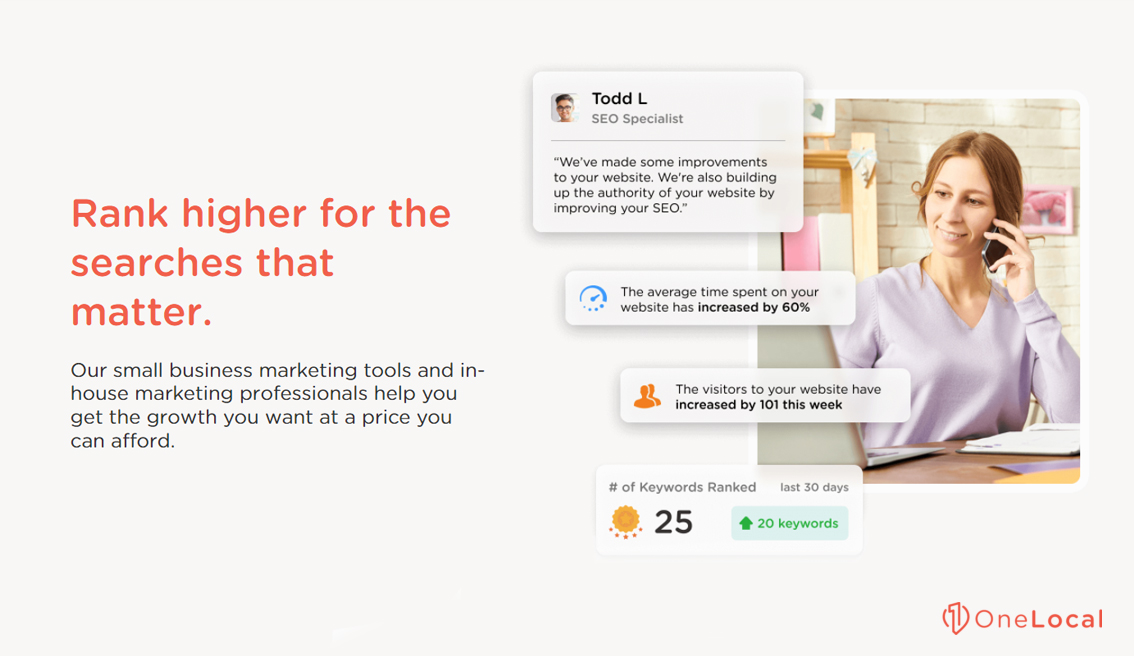

Rachel Solway is a seasoned marketing professional dedicated to empowering small businesses through innovative marketing strategies. With extensive experience at OneLocal, a leading marketing solutions provider, Rachel’s insights are helping thousands of local businesses navigate the digital landscape.

